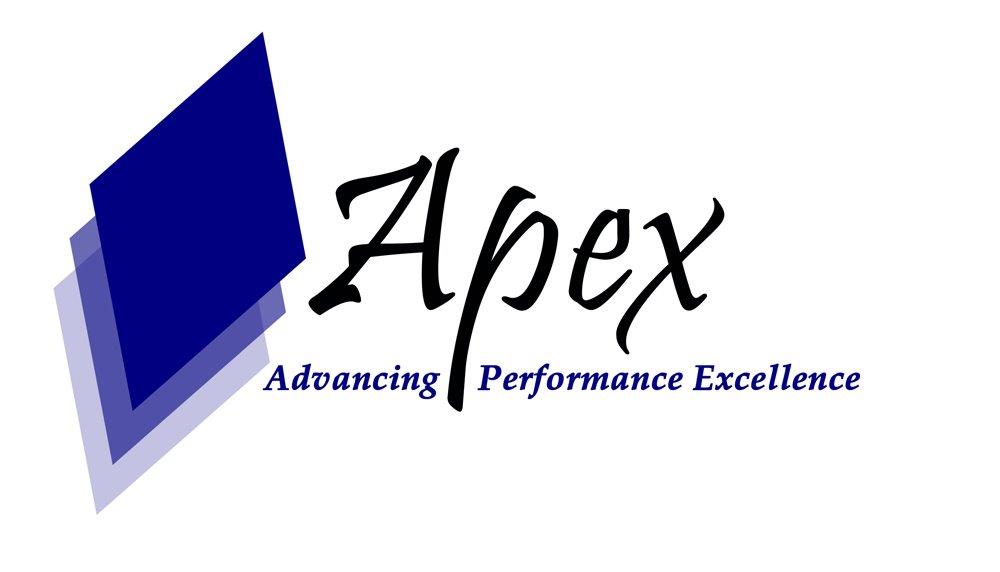The Strategic Importance and Necessity For Provision of Environmentally Compliant Logistics

Green and sustainable supply management and logistics processes and practices have increasingly become a fundamental requirement in overall business operations and management. Businesses are now to provide, adhere to and make available corporate social responsibility (CSR) charters as well as be cognizant of the various legislations, local and global affecting and influencing sustainable and green business.
Governments, businesses, and society are now demanding that the environment must be protected and existing processes generating, for example, greenhouse gases with associated damage to our planet are to be aggressively phased out over globally agreed timescales and replaced by much more friendly methodologies for energy creation and deployment.
The existing business process requires to be examined by adopting a green and sustainable supply chain and logistics to identify where costs and efficiencies can be streamlined.
Understanding what is meant by green sustainable logistics and procurement practices is a prerequisite of business operations; strategic, operational, and legal, and is of paramount importance that this is the case.
The course will finally contrast what can be titled green and what could be titled sustainable, end objective nevertheless to provide an environmentally friendly and compliant logistics service.
In this interactive 5-day course the delegates will holistically examine the main principles and practices of sustainable and green logistics, learning and understanding what these are then deploy lessons learned in analysing where using the approach can have a beneficial impact on a business.
Day One: Logistics Role In Business
Corporate social responsibility and Legislation
Prime Directive: 7Rs
End-to-end Logistics constituents
Introducing green and sustainable practices
Green logistics defined
Environmental logistics defined
Day Two: Sustainable Practices
Strategic importance
Dominant Lean
Dominant Green Practices
Dominant Sustainable practices
Differences between green and sustainable supply chain practices
Examples of sustainable workplace business practices
Day Three: Responsible Green Supply Practices
Green purchasing/ Rethinking your materials
Reusing waste or by-products/ Circular supply chains
Green packaging/ Cutting back on packaging
Processes Redesign
Transport optimization/ Green transportation/ Minimising airfreight
Green Manufacturing
Green warehousing
Technology development (IoT/ Digitization/ AI/ Robotics/ Materials Engineering/ 3D printing)
Day Four: Responsible Supply Management
Implications
Considerations
Create a responsible policy
Life cycle costs and management
Availability and cost of “green alternatives
Gradual implementation schedule
Staff training
Programme benefits
Day Five: Implementing A Green Supply Management Programme
Apply a responsible strategy
Identify people and resources
Invite key suppliers and staff
Translate responsible expectations
Integrate sustainability criteria
Products/services selection
Programme Benefits
XCalibre Training Centre offers unique development and skill-based training courses internationally that aim to nurture practical result-driven abilities in individuals to keep up with the constantly changing business requirements.
We equip people with information and opportunities to propel them forward in their careers by offering training in versatile sectors, including human resources, energy and innovation, data management & IT, maritime management, and more.
Our organisation hires globally-acclaimed subject matter experts that has extraordinary references. Having this together with their academic knowledge and real-life experiences can bring out courses and seminars with best practices that ensure substantial output and benefits to the attendees.
XCalibre Training Centre assists our delegates from varied backgrounds, qualifications, designations, and industries willing to improve their career path for self-sustenance and self-realization. The end goal is to create a mutually beneficial relationship between organizations and their employees to reach their desired levels of success.
(Institute Review)
55 years ago(Institute Review)
55 years ago
The Supplier Relationship Management (SRM) course is designed to equip professionals with the skills and knowledge required to effectively manage supplier relationships, optimize procurement strategies, and foster collaboration to achieve better business outcomes. Throughout the course, participant...

This training will help you to identify potential risks and plan for mitigation measures before the risks actually arise, and be able to adequately plan lead times, warehousing and inventory resources, along with an optimal number of transpo

Boost your career with the CSCP Certification Training program. Engage in real-world scenarios and guided learning for supply chain mastery. Join us Now!

This highly interactive and informative training will teach you about the global supply chain logistics covering both today's supply chain and in the demand flow management process context.
© 2025 www.coursetakers.ae All Rights Reserved. Terms and Conditions of use | Privacy Policy